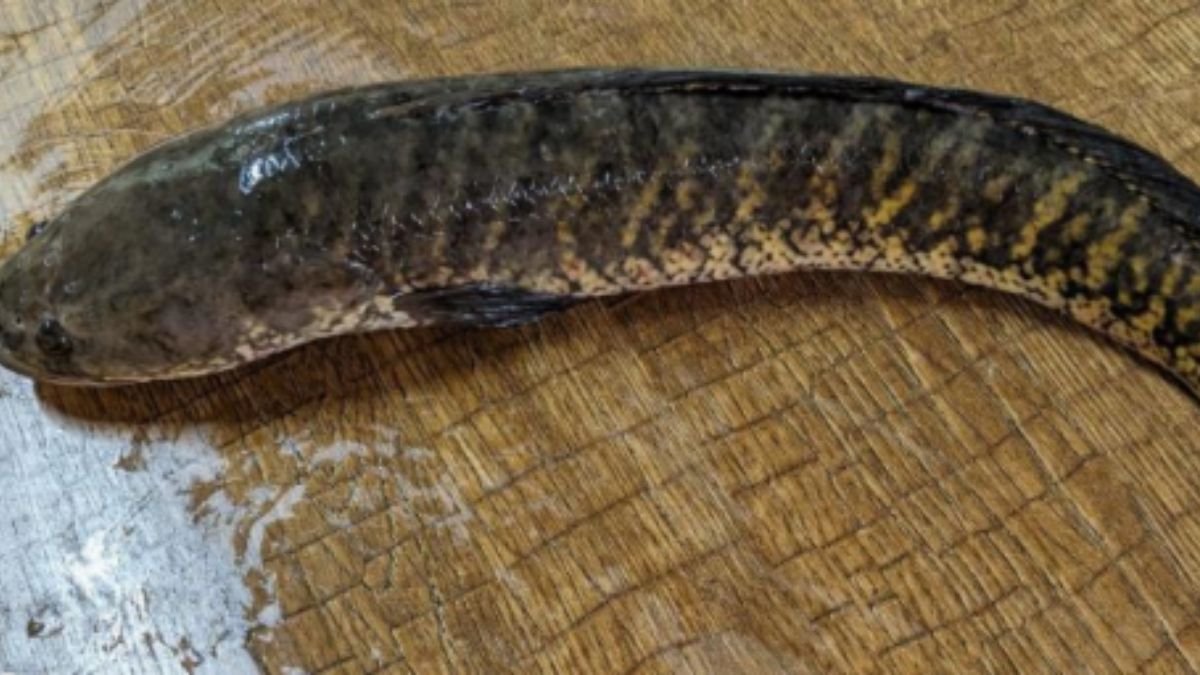New Delhi. The Department of Fisheries, Ministry of Fisheries, Animal Husbandry and Dairying, with effect from financial year 2018-19 is implementing Fisheries and Aquaculture Infrastructure Development Fund (FIDF) with a total fund size of Rs. 7522.48 crore. FIDF inter-alia provides concessional finance for development of various fisheries infrastructure facilities to the Eligible Entities (EEs), including State Governments/ Union Territories, State entities and other stakeholders for development of identified fisheries infrastructure facilities. Under FIDF, the Department of Fisheries provides interest subvention up to 3 % per annum for providing the concessional finance by the Next Level Entrepreneurs (NLEs) at the interest rate not lower than 5 % per annum. Under FIDF scheme, the Department of Fisheries, Ministry of Fisheries, Animal Husbandry and Dairying has approved a total 136 project proposals/ projects at a total cost of Rs. 5801.06 crore with project cost restricted for interest subvention at Rs. 3858.19 crore to various States/ UTs.
The State/ UT-wise details of the project approved under FIDF till date for infrastructural development in Fisheries sector. The projects supported under FIDF to States and Union Territories are including Fishing Harbours (FHs), Fish Landing Centres (FLCs), ice plants, cold storage, fish transport facilities, integrated cold chain (marine and inland sectors), modern fish markets, brood banks, hatcheries, modernization State fish seed farms, Fisheries Training Centres (FTCs), fish processing units, fish feed mills/ plants, cage culture in reservoirs, mariculture etc.
The ‘National Policy on Marine Fisheries, 2017 notified by the Government of India, provides guiding principles of conservation and optimum utilization of fisheries resources. The policy also highlights marine environment and pollution issues including micro-plastic and ghost nets. The policy supports regulatory mechanisms to control pollutants from land and sea-based sources, which can be effectively controlled and the ecosystems monitored for pollution related aspects. To combat marine plastic pollution, particularly from fishing and maritime sectors, the Department of Fisheries, Government of India has been actively engaged in the global efforts like Glolitter Partnership Project and Reglitter Project both of which are jointly implemented by the International Maritime Organization (IMO), Food, and Agriculture Organization of the United Nations (UN-FAO).
These projects focus on preventing and reducing Marine Plastic Litter (MPL) from sea-based sources, with an emphasis on addressing abandoned, lost, or discarded fishing gear (ALDFG) and wastes from ships. As a Lead Partnering Country (LPC) in the Glolitter Project, Department of Fisheries, Government of India has published its National Action Plan (NAP), which outlines strategic measures to reduce Marine Plastic Litter from Sea-based Sources. To address the issues of destructive fishing, the Government of India has banned fishing methods such as pair or bull trawling and the use of LED or artificial lights for fishing in the EEZ area.
To ensure long-term viability of the sector and to address the issues related to climate change, protection and restoration of critical habitat, the Department of Fisheries, Government of India is working closely with the State Governments and environmental agencies. These efforts include establishment of artificial reefs along the entire coastline of India, conduct of sea ranching, promotion of seaweed farming, implementation of uniform fishing ban for 61 days during the major fish breeding period and installation of Turtle Excluder Devices (TEDs) in trawl nets for conservation of turtles, etc. Further, advisories are issued to States/UTs to take measures to prevent juvenile fishing such as implementation of mesh size regulations and minimum legal size of fish under their Marine Fishing Regulation Acts (MFRAs) to ensure sustainable and responsible fishing practices. In addition, to enhance the economic resilience of coastal communities impacted by the climate change, the Department of Fisheries, Government of India under the Pradhan Mantri Matsya Sampada Yojana (PMMSY) has identified 100 coastal fishermen villages situated close to the coastline as Climate Resilient Coastal Fishermen Villages (CRCFV). The activities in the identified coastal fishermen villages are need-based facilities, including common facilities like fish drying yards, fish processing centers, fish markets, fishing jetties, ice plants, cold storages, and emergency rescue facilities. The Government is promoting climate resilient livelihoods like aquaculture, especially the mariculture of seaweed, food and ornamental fishes, bivalves etc through the schemes of the Department of Fisheries in a large way. Additionally, the ICAR-Fisheries Research Institutes have been contributing to enhance inland and marine aquaculture through ongoing research, technology development, and capacity-building with funding support of the Government of India.

















Leave a comment